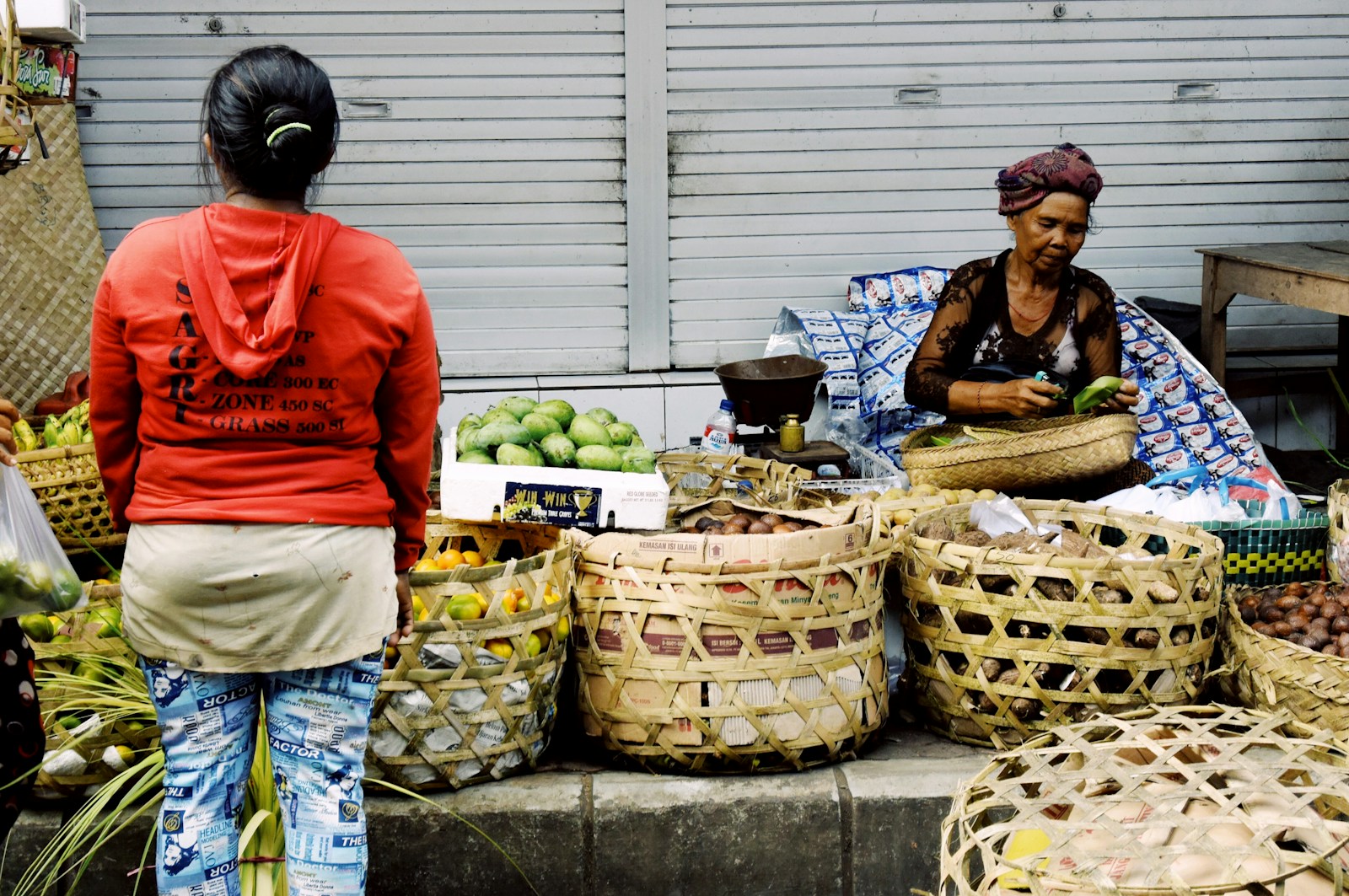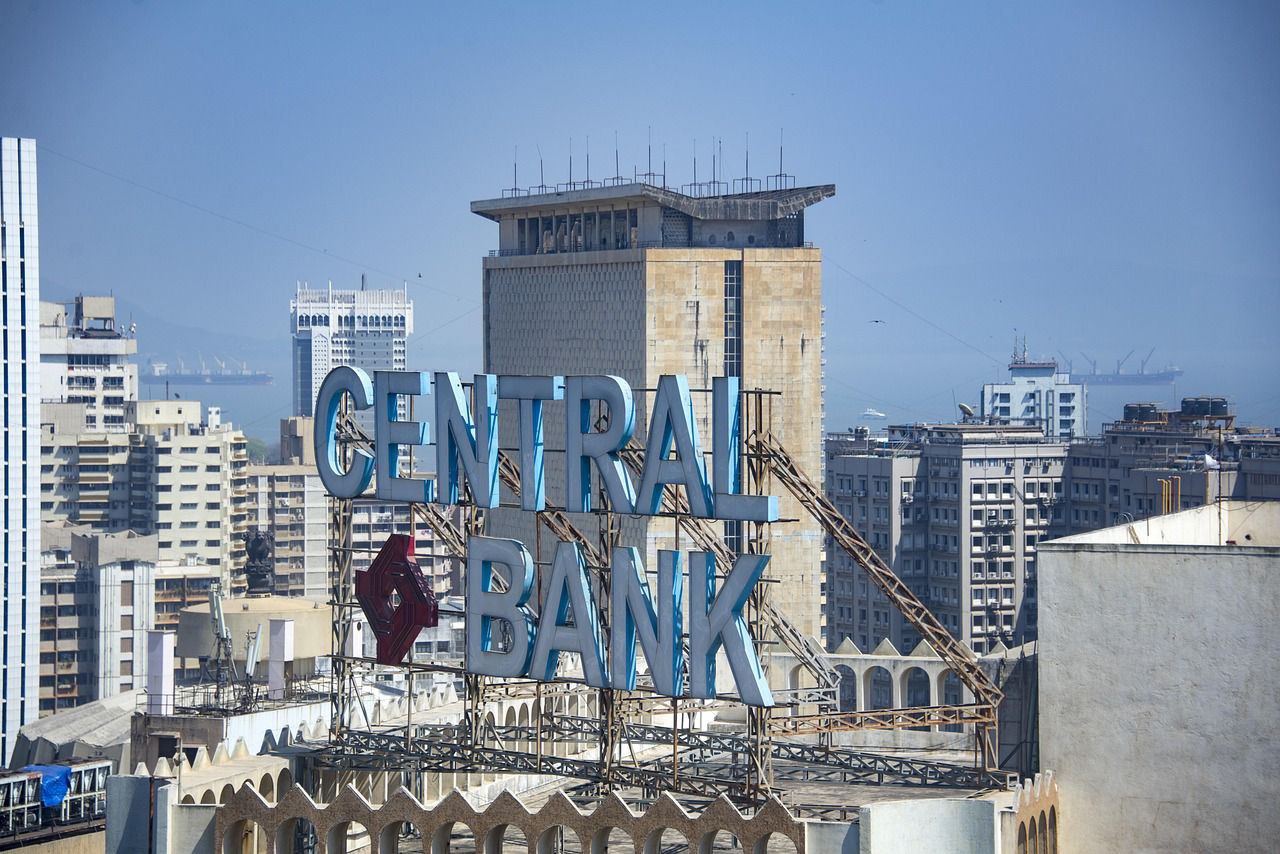The cost of living in Mauritius has become one of the most pressing concerns for citizens. A simple reflection illustrates the crisis: with a thousand rupees, nothing meaningful is gained. This symbolic statement has now become a collective frustration, echoing through homes, workplaces, and public spaces. As prices continue to rise, people are questioning how long they can sustain their daily needs without significant reform.
Rising Prices and Shrinking Wallets
The Mauritius cost of living crisis is directly linked to rising inflation and global economic uncertainty. Families who once managed comfortably now find their purchasing power shrinking drastically. Essentials such as food, electricity, and transport have become luxury items for many. A thousand rupees, which once could provide for a small shopping list, barely covers bread, milk, and basic household items today. This harsh reality is pushing households into financial stress and reshaping how citizens view their economic future.
Voices of Frustration Across the Nation
Across Mauritius, people openly express frustration at the Mauritius cost of living. Social media platforms are filled with personal testimonies of parents skipping meals to ensure children are fed, young professionals unable to save, and retirees struggling to stretch their pensions. The phrase “1000 rupees, nothing is gained” is no longer an exaggeration but a lived experience. Citizens feel that wages and allowances are not keeping pace with price hikes, leaving a growing gap between income and survival needs.
The Ripple Effect on Society
The crisis does not stop at empty wallets. The Mauritius cost of living problem has a ripple effect across society. Small businesses see fewer customers as households cut back on spending. The youth, once hopeful about their future, now reconsider their career paths or even emigration as a solution. Mental health challenges are also on the rise, with stress and anxiety directly linked to financial insecurity. What began as an economic issue is now becoming a profound social challenge demanding urgent solutions.
Impact on Education and Families
The Mauritius cost of living crisis deeply affects families and children. Parents are finding it increasingly difficult to afford school supplies, uniforms, and transportation fees. In some households, children are forced to reduce extracurricular activities or even skip meals at school. Education, once a proud investment for Mauritian families, is now compromised by financial pressure. This shift risks creating long-term social inequalities, where only wealthier families can afford proper opportunities for their children.
Strain on Healthcare and Daily Essentials
Healthcare is another sector where the Mauritius cost of living is painfully felt. While basic services remain available, the cost of medications, private consultations, and specialized treatments continues to climb. Families with chronic health issues are hit the hardest, as they must choose between medical expenses and daily essentials. Even access to fresh food and nutrition is impacted, as rising costs push families toward cheaper but less healthy alternatives, creating hidden health risks in the population.
Government Policies Under Scrutiny
The Mauritius cost of living debate inevitably turns political. Citizens demand stronger government intervention to control inflation, stabilize fuel prices, and provide subsidies for basic necessities. Critics argue that existing policies are insufficient and that corruption and mismanagement worsen the problem. The government, on the other hand, highlights external global pressures, such as oil prices and supply chain disruptions. Yet, the growing discontent among citizens signals that the population expects faster, more concrete measures to relieve the burden.
Small Businesses in Survival Mode
The Mauritius cost of living has pushed small and medium businesses into survival mode. Many shop owners complain that customers are buying less, prioritizing only essentials. Restaurants, clothing shops, and service providers experience declining sales as households cut non-essential expenses. This slowdown not only affects business owners but also threatens jobs, since staff reductions and closures become inevitable when revenues collapse. The domino effect reveals how the crisis touches every corner of the economy.
The Middle Class Under Pressure
Traditionally seen as the backbone of the nation, the middle class in Mauritius is under severe strain due to the rising cost of living. Families who once enjoyed modest comforts now struggle to pay mortgages, car loans, and tuition fees. Vacations and leisure activities are quickly becoming distant luxuries. This erosion of stability among middle-income families demonstrates how widespread and deep the Mauritius cost of living crisis has become, as it reshapes social expectations and financial planning.
Public Protests and Social Movements
As frustration grows, public protests and social movements begin to emerge across Mauritius. Activists, trade unions, and civic organizations call for urgent action, demanding subsidies, wage adjustments, and stricter control of unfair price increases. The phrase “1000 rupees, nothing is gained” is often used in rallies, symbolizing collective anger. The Mauritius cost of living is no longer just a private struggle but a public demand for justice, transparency, and stronger policies to protect ordinary citizens.
Long-Term Economic Risks
The Mauritius cost of living crisis poses significant long-term risks to the national economy. When citizens cannot save, investment and economic growth slow down. Young people may consider leaving the country in search of better opportunities, leading to a brain drain. The dependency on imports also leaves Mauritius vulnerable to external shocks, further complicating any recovery plan. Without urgent reform, the current crisis could evolve into a structural weakness for the nation’s future.
Possible Solutions and Reforms
Experts suggest multiple approaches to addressing the Mauritius cost of living. These include diversifying imports, encouraging local production, and implementing stronger regulations on price manipulation. Wage adjustments and subsidies for essential goods are also frequently discussed. Citizens want to see policies that go beyond short-term fixes and genuinely improve purchasing power. International models, such as targeted welfare programs, could inspire strategies tailored for the Mauritian context.
The Role of Civil Society
Civil society plays a crucial role in highlighting the Mauritius cost of living crisis. NGOs, journalists, and grassroots movements amplify the voices of ordinary citizens. Through campaigns, reports, and peaceful protests, they keep the issue at the center of national debate. Collaboration between citizens and independent institutions ensures that pressure is maintained on authorities to take meaningful action. This dynamic shows that solving the crisis requires both government will and collective citizen participation.
Conclusion: A Nation Demanding Change
The Mauritius cost of living crisis has turned into a defining issue of the era. What started as a complaint about a thousand rupees now symbolizes a broader struggle for fairness, dignity, and survival. If urgent solutions are not introduced, the gap between income and expenses will continue to widen, leaving society fractured. Mauritius stands at a crossroads where leaders, businesses, and citizens must come together to build a sustainable and just economic model.
For a broader view on economic trends in Africa, read this analysis from BBC Business. To explore more insights on Mauritius and its economy, visit our detailed reports on Voice Mauritius.




